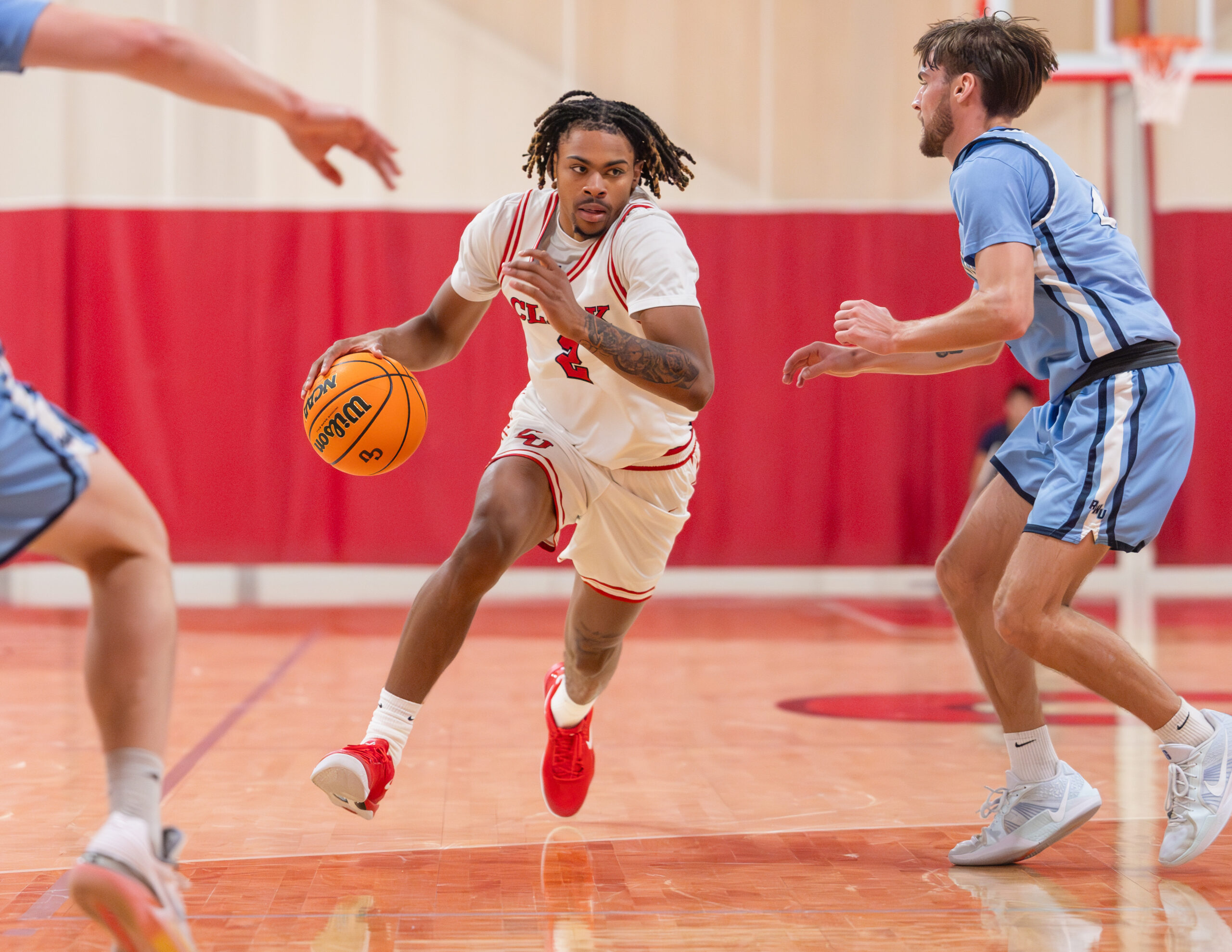Mind Matters: Breaking the Silence on Mental Health Wellness

For Chris Clarke, a Clark University point guard, basketball is far more than just a game—it's a powerful sanctuary for mental well-being. When life's challenges weigh heavily, he finds solace on the court, where the rhythmic bounce of the basketball and the satisfying swish of a perfect shot become his ultimate form of therapy.
"Basketball is my escape," Clarke explains passionately. "The moment I step onto the court, all external pressures and worries simply melt away. There's something magical about hearing the basketball bounce and watching it arc perfectly through the net—it brings me pure joy and excitement."
More than just an athletic pursuit, Clarke sees basketball as a holistic approach to maintaining mental health. For him, the sport represents a dynamic intersection of physical movement, emotional release, and personal empowerment. Each dribble, pass, and shot becomes a moment of mindfulness, allowing him to reconnect with himself and find inner balance.
Through his personal journey, Clarke hopes to inspire others to discover their own therapeutic outlets, demonstrating that mental wellness can be found in unexpected places—sometimes right on the basketball court.
